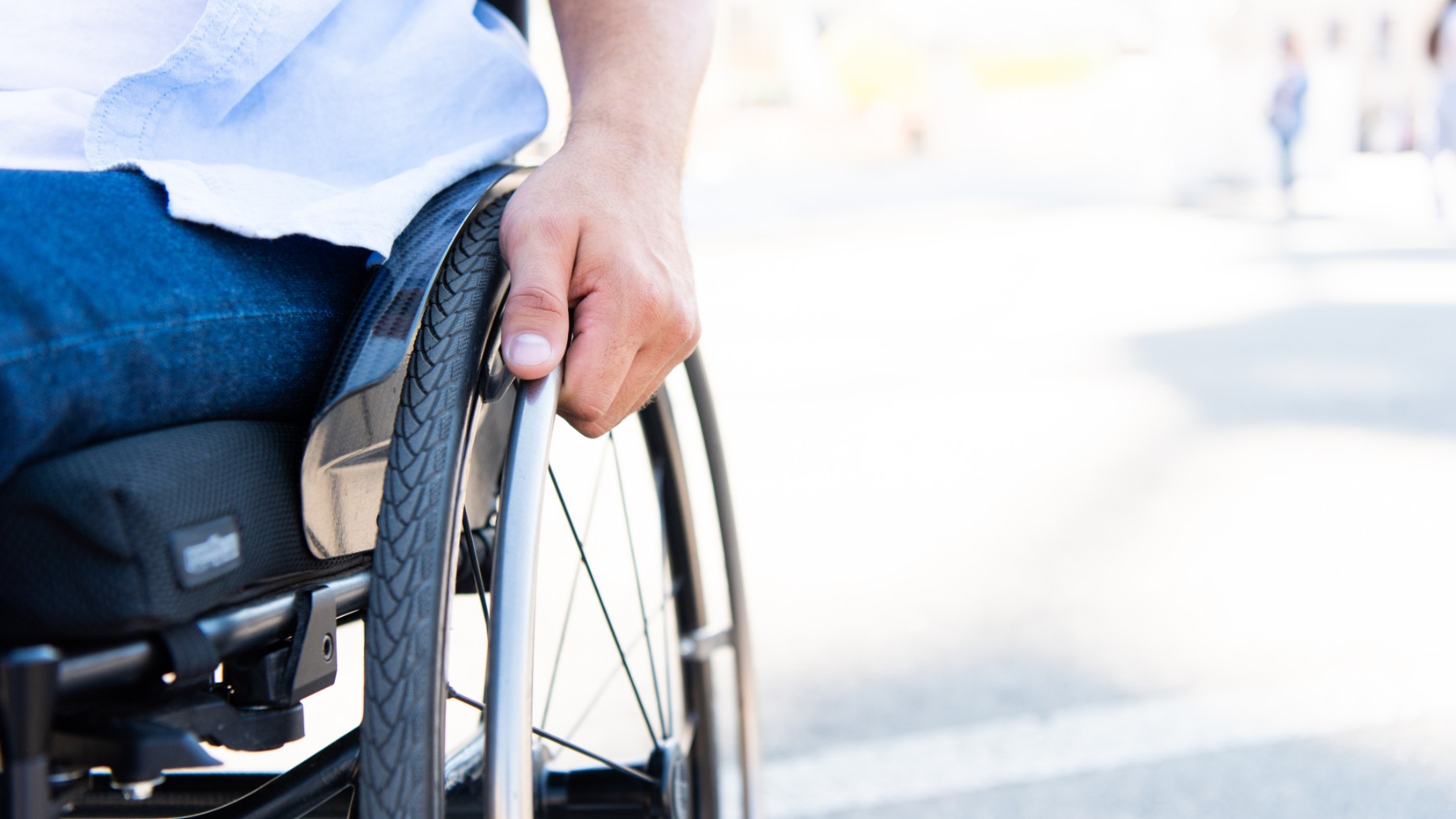There was an update on the payment schedule for Social Security Disability Insurance (SSDI), which serves as a critical financial lifeline to manage monthly expenses for millions of Americans whose disability limits their ability to work.
The federal holiday Juneteenth fell on Wednesday, June 19th. Juneteenth, also known as Juneteenth Independence Day, is a United States federal holiday celebrated annually on June 19th. The day commemorates the end of slavery in the United States. The name “Juneteenth” is a combination of “June” and “19th,” and refers to the day in 1865 when Major General Gordon Granger implemented the Emancipation Proclamation in Texas, marking the end of the Civil War.
Juneteenth celebrates the moment slaves in the Confederate states learned of their freedom, but it’s important to note that the proclamation did not apply to states that hadn’t seceded from the Union. Slaves remained in bondage until December 6, 1865, when the 13th Amendment to the Constitution was ratified, officially abolishing slavery throughout the United States.
SSDI Payment Schedule
Because of this important holiday marking U.S. history, the Social Security Administration (SSA) has adjusted its payment schedule for people whose birthdays fall between the 11th and 20th of each month. If your birthday falls within this range, you will receive your SSDI payment one day early, on Tuesday, June 18th.
For beneficiaries whose birthdays fall outside this range, SSA will maintain the standard payment schedule.
If your birthday falls between the 1st and 10th of the month, you’ll usually be paid on the second Wednesday – in June it was the 12th – and if you were born between the 21st and 31st of the month, you’ll be paid on the fourth Wednesday, which will be the 26th.
Payment dates may vary for individuals who began receiving SSDI benefits before May 1997. Typically, these early recipients receive their retirement benefits on the third of each month and their Supplemental Security Income (SSI) benefits along with any SSDI benefits they are eligible for on the first of each month. This is to space out the payments and ensure that every cent reaches recipients.
What happens if I don’t receive my check?
If your SSDI payment is late or not paid, the SSA recommends taking the following steps:
First, check with your bank to make sure there aren’t any one-time issues causing the delay. Processing times vary from bank to bank, but if you’re constantly late receiving your checks, it may be worth considering and making a plan to see if the delay is on the bank’s side, if there’s something you can do to speed up the process, or if it’s a monthly issue. If your bank confirms there are no issues, contact the SSA directly or your local SSA office. Missing or incorrect information may be causing an issue that can be easily fixed. If you’re receiving a paper check, wait three business days from the expected mailing date before contacting the SSA to request a replacement. The fact that another service is involved (the United States Postal Service) increases the chance of delays due to weather or staffing issues. Delays are especially likely around important dates such as holidays and Mother’s Day, when packages increase and infrastructure cannot keep up with the volume.
Knowing your birth date and corresponding SSA payment schedule can help you more accurately predict when your monthly SSDI payment will be deposited. If you experience any issues or delays, it’s important to contact your bank or the SSA promptly for assistance.

